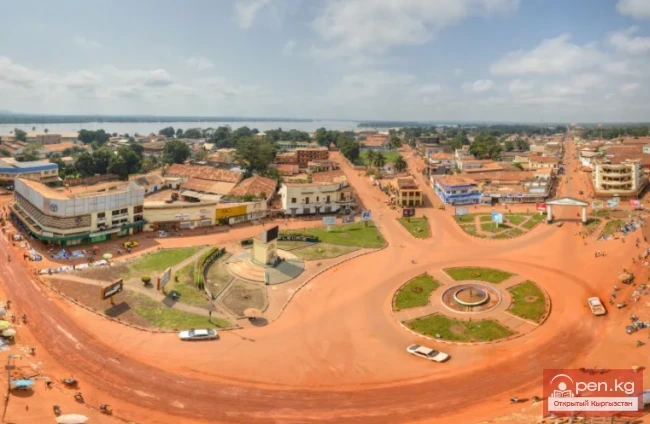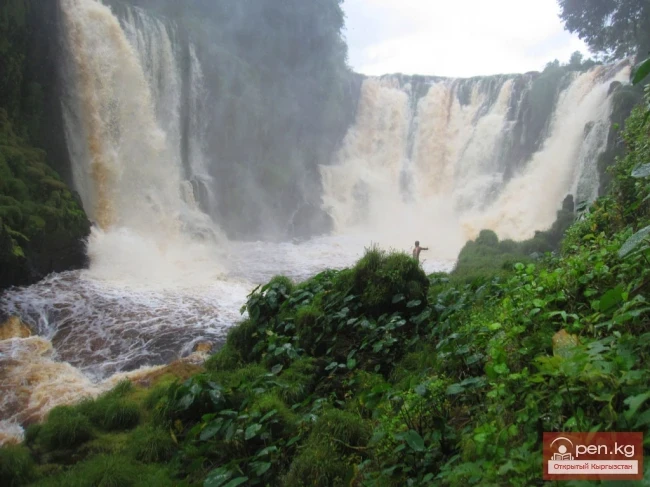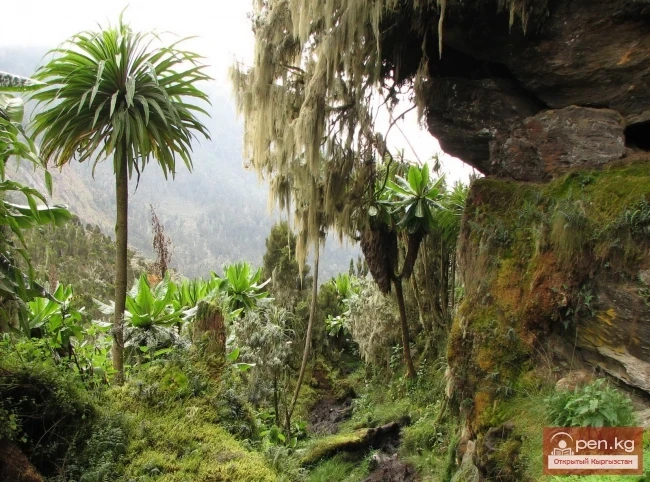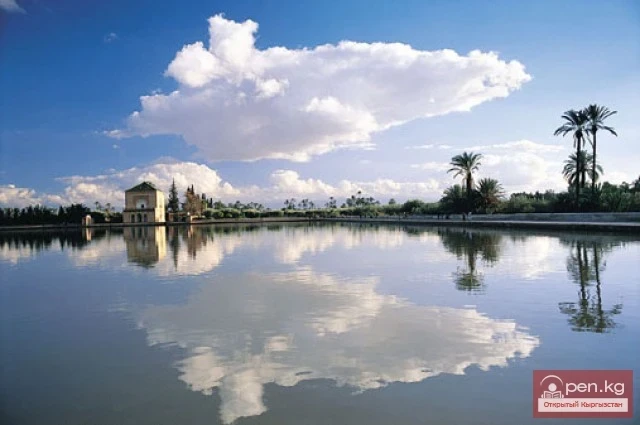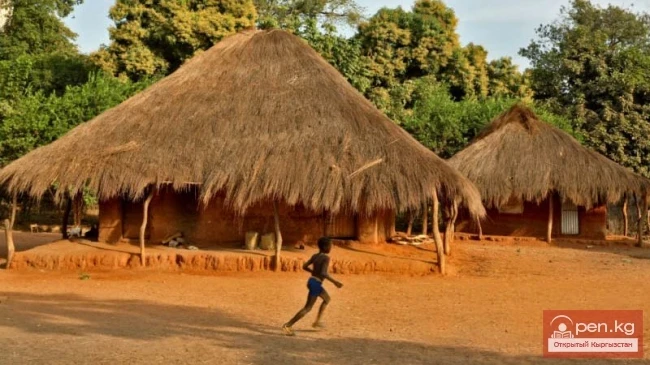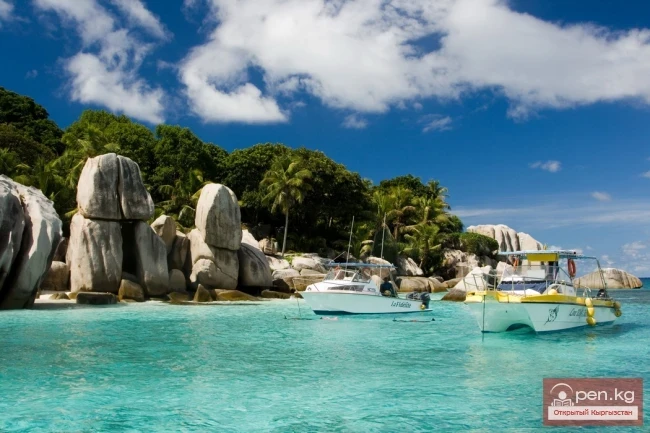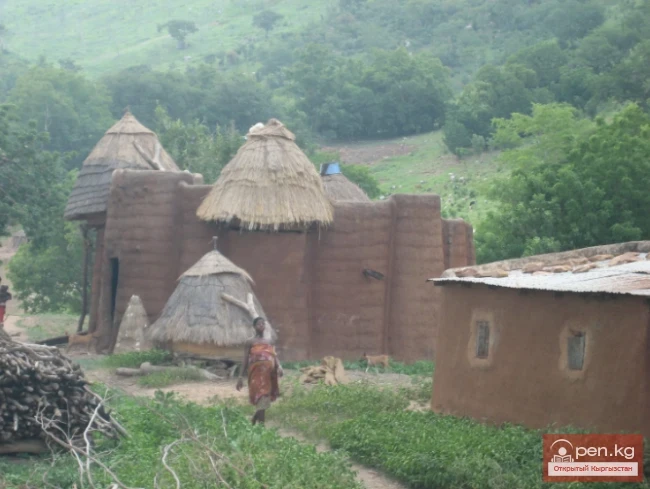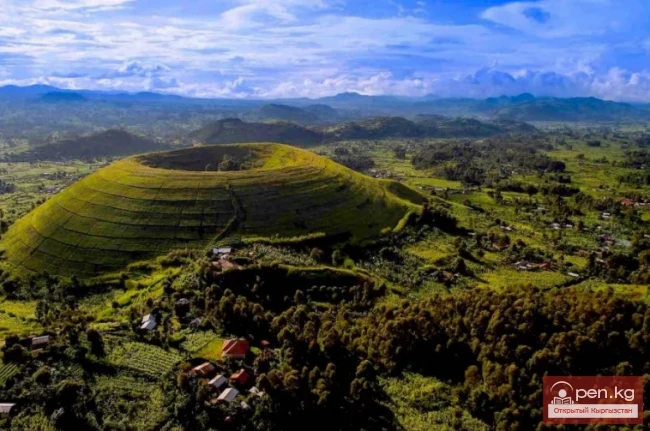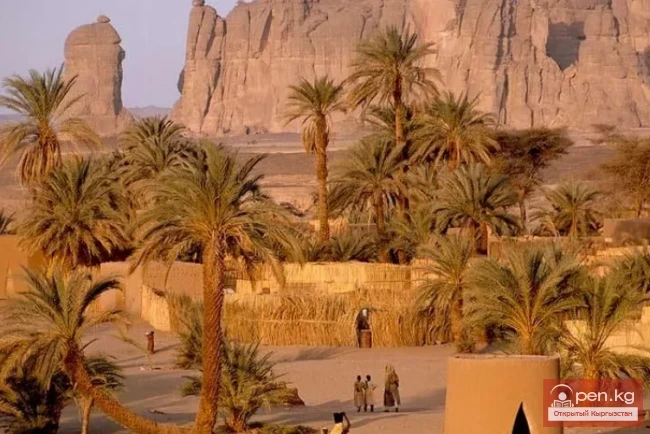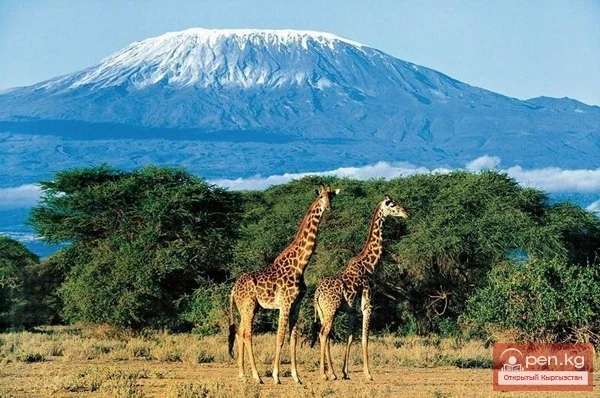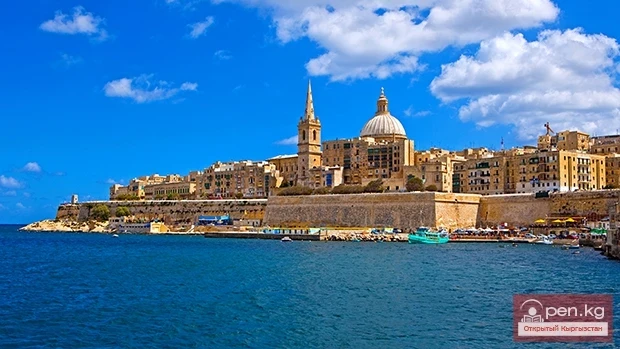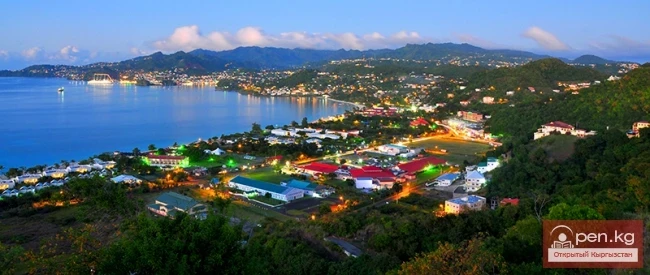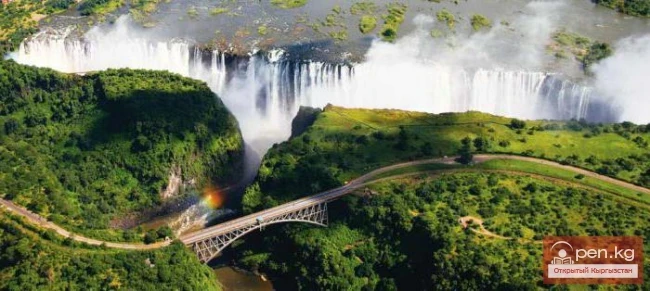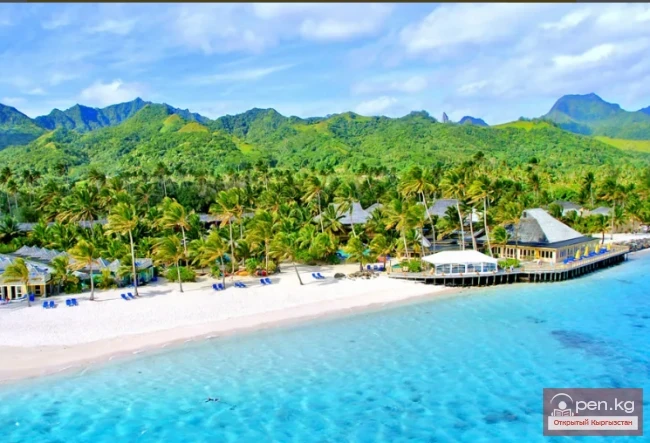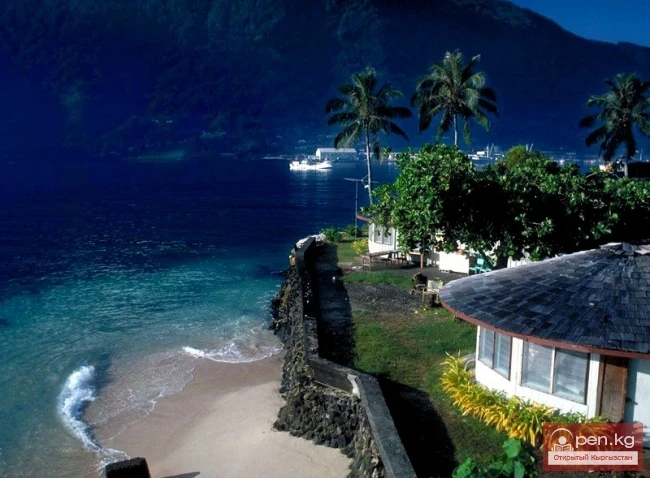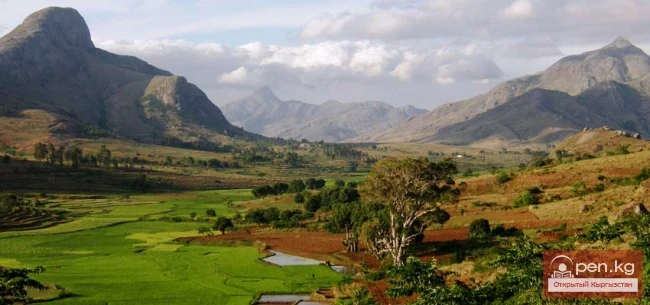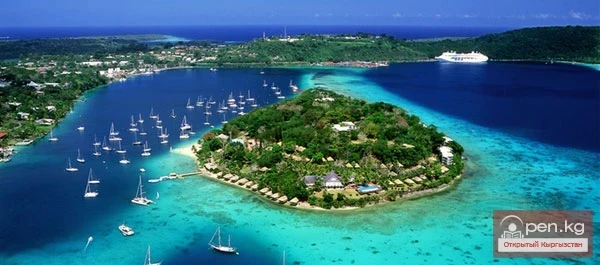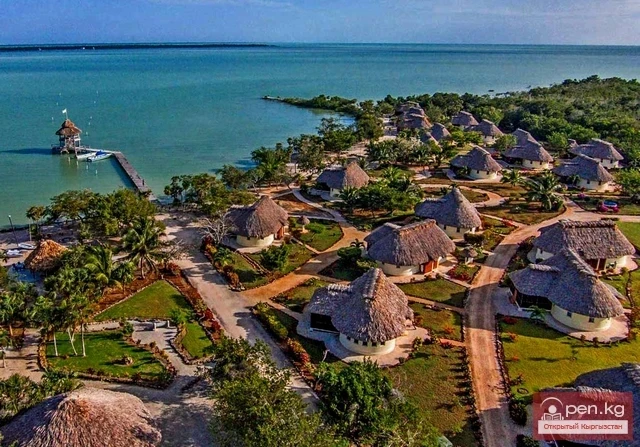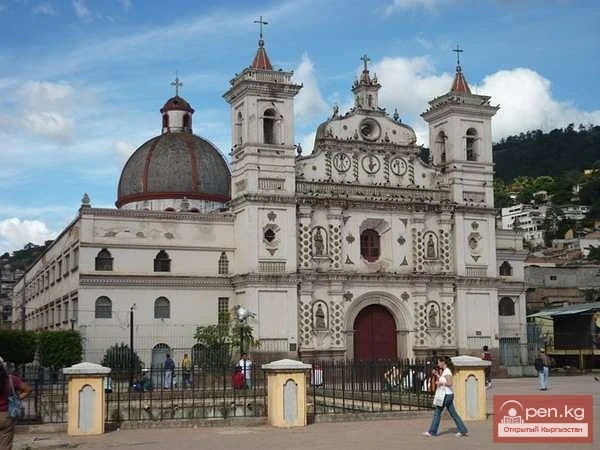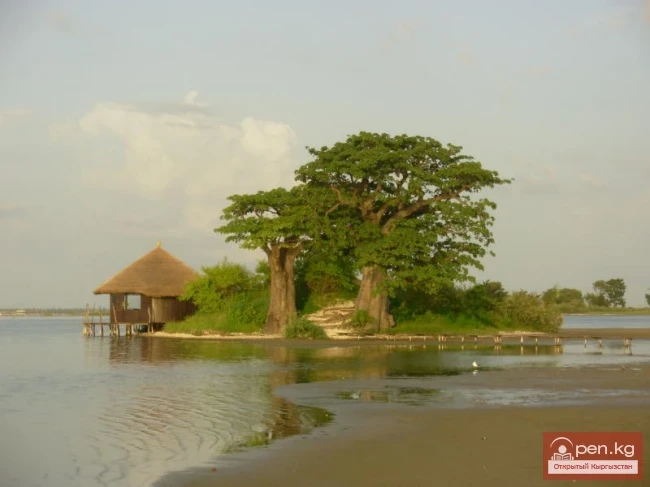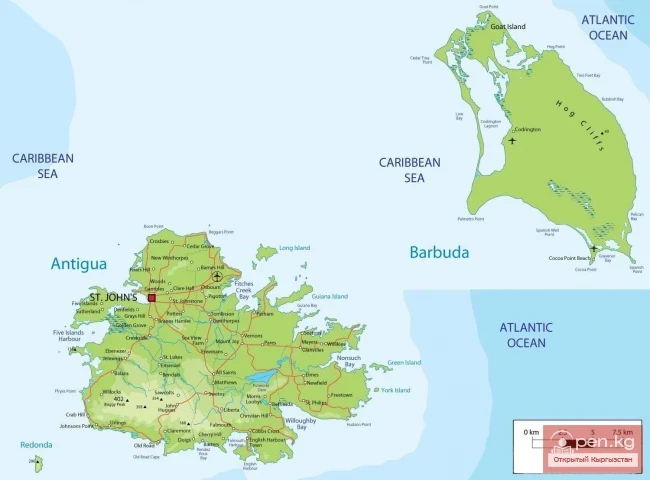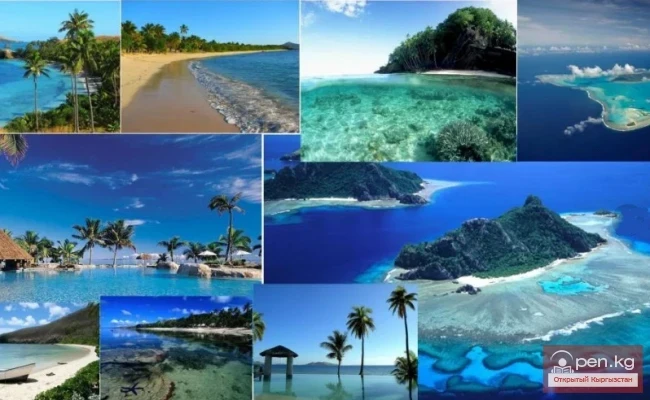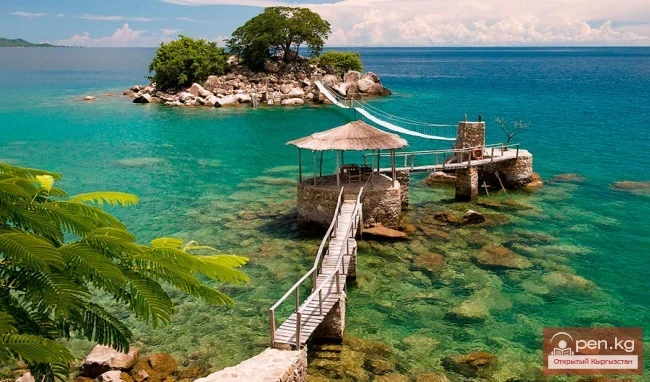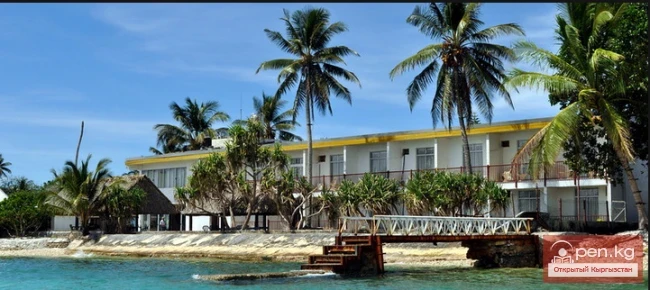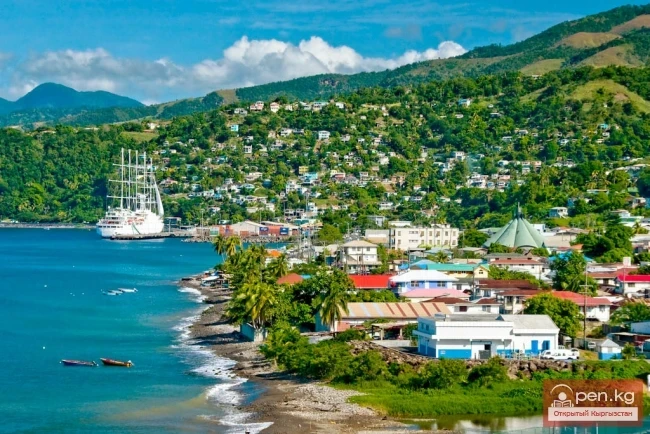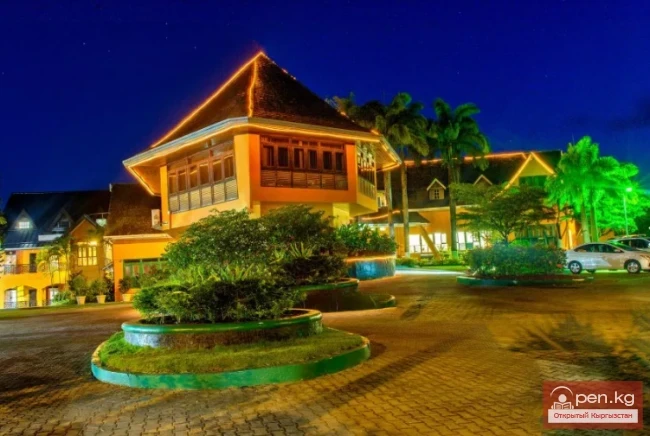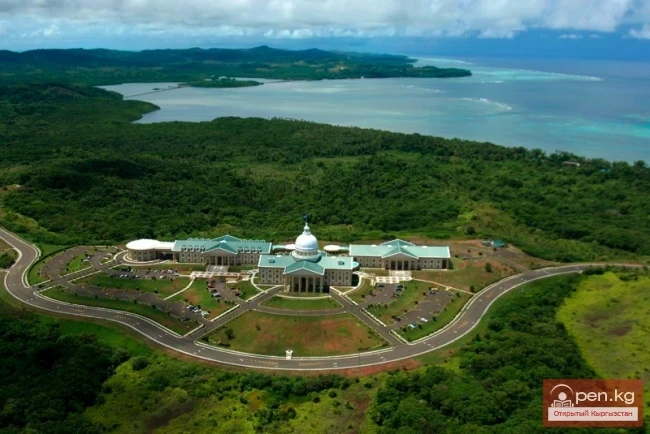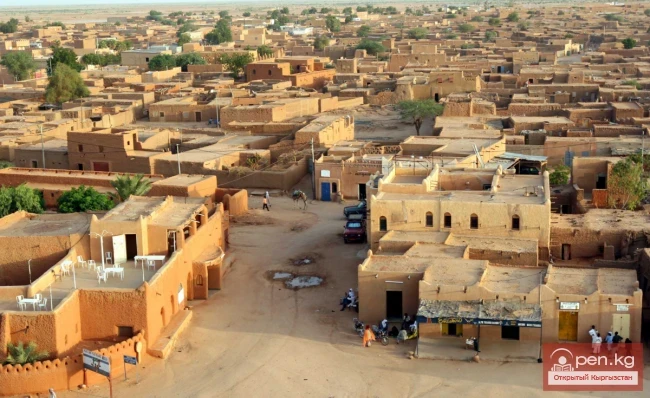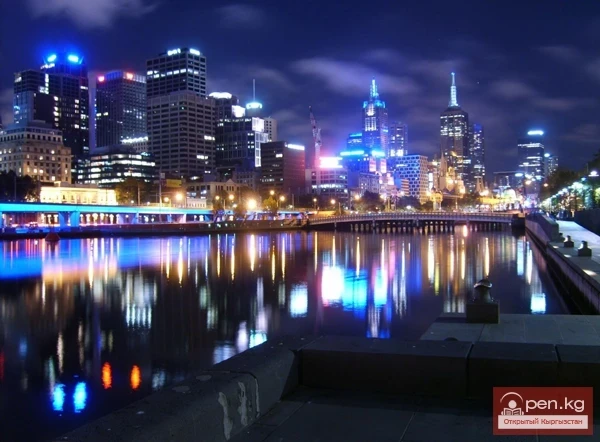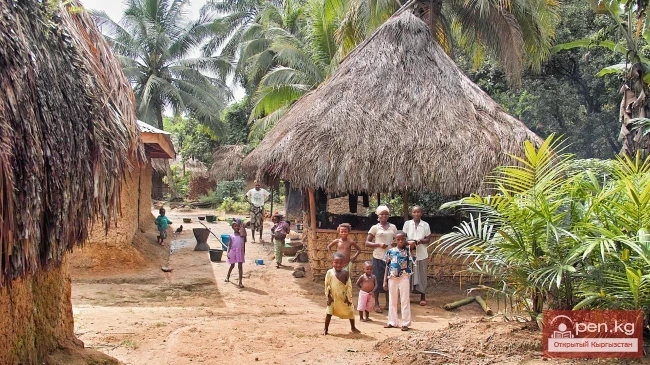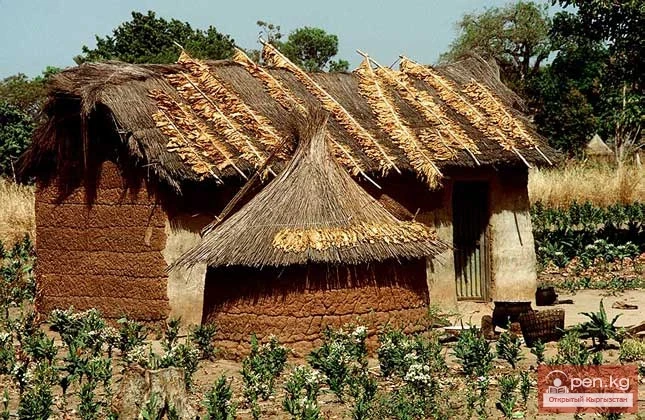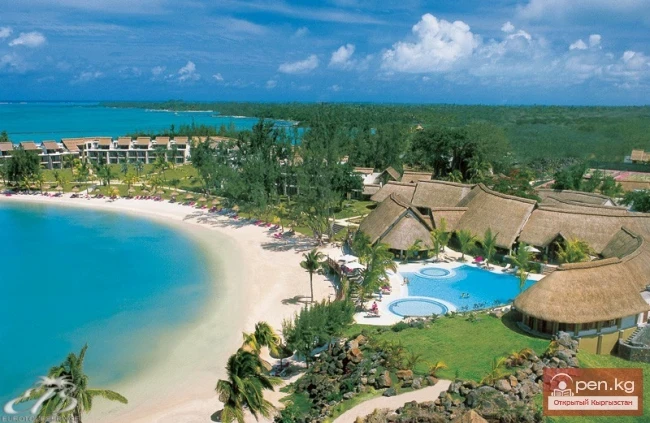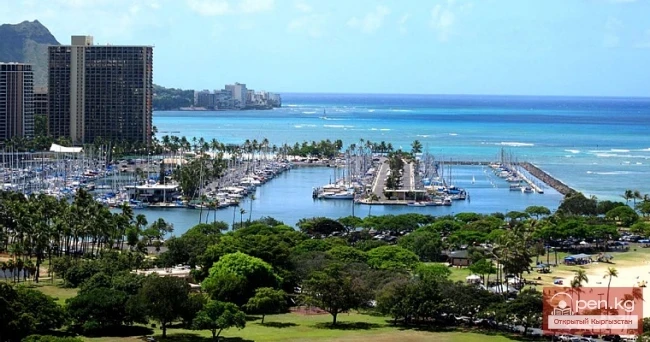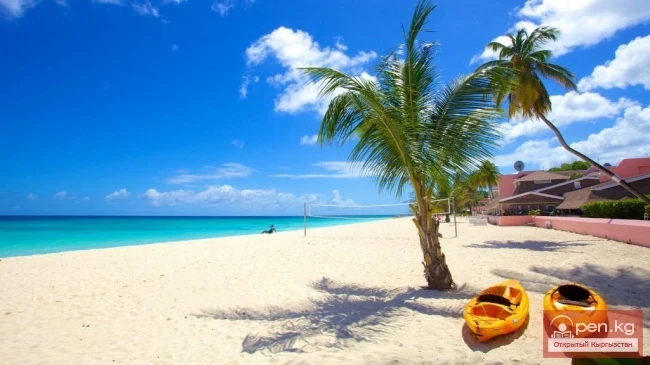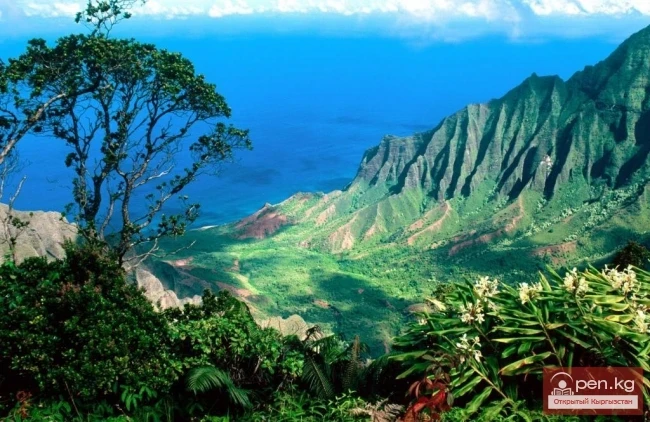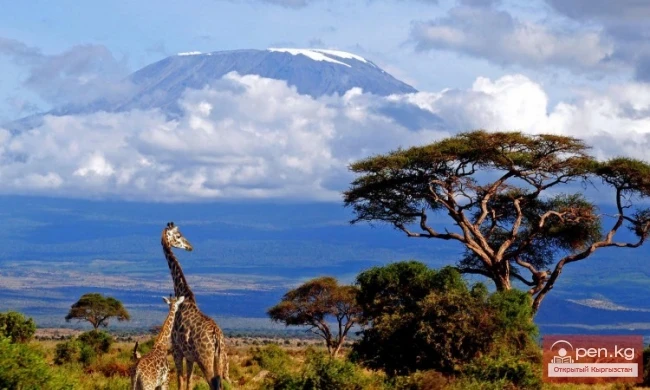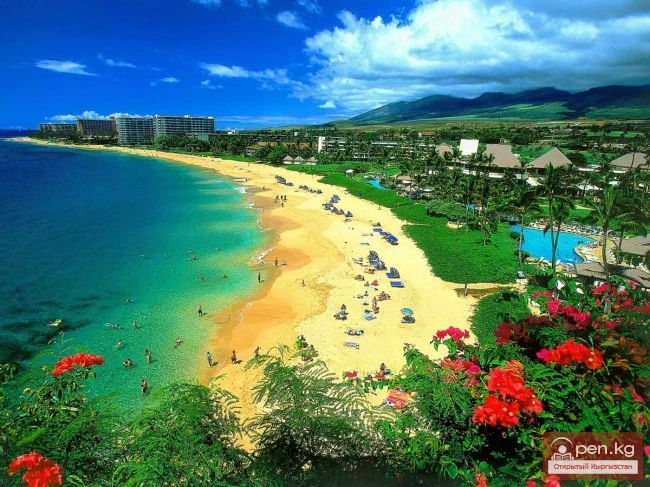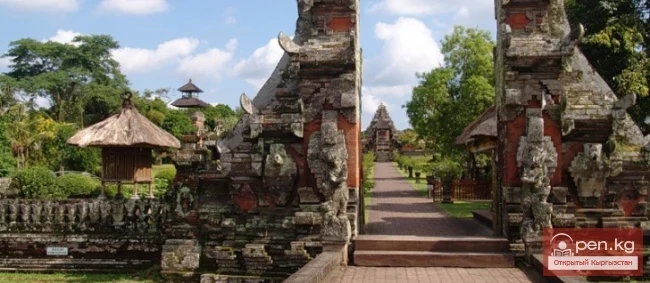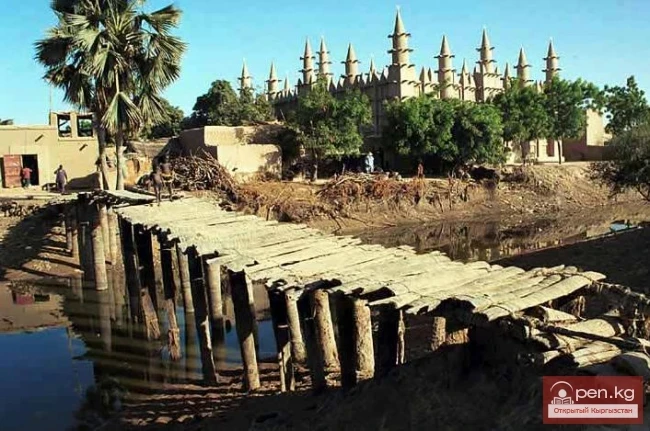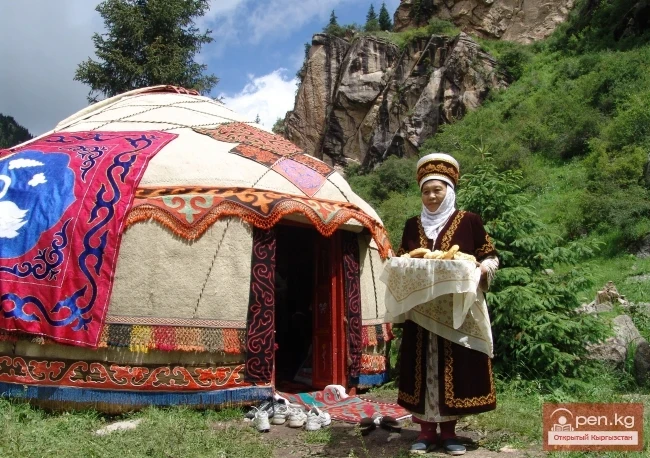CENTRAL AFRICAN REPUBLIC
A state in Central Africa. Area — 623 thousand km². Capital - Bangui (600 thousand), major cities: Bossangoa, Bambari. Administrative-territorial division — 16 prefectures. Population - 3.7 million (2005); main ethnic groups: Gbaya, Banda, Mandja, Nzakar, Sango, Sara, and others. Official languages - French and Sango.
Religion: 50% - Christians (Protestants, Catholics), 15% - Muslims. The rest adhere to local beliefs. Currency - CFA franc (franc of the African Financial Community).
Has diplomatic relations with the Russian Federation (established with the USSR on December 7, 1960. In 1980, the CAR severed diplomatic relations with the USSR. Restored in 1988).
National holiday - December 1 - Day of Proclamation of the Republic (1958).
According to the 1994 constitution, the CAR is a presidential republic with the right of parliament to pass a vote of no confidence in the government. The executive power is exercised by the head of state and the government appointed by him.
The unicameral parliament (National Assembly) was dissolved in April 2003.
The first elected president after gaining independence, D. Dako, was overthrown in 1966 as a result of a military coup. J. B. Bokassa came to power, proclaiming the CAR an empire and himself as emperor.
In 1979, with the support of France, D. Dako returned to power by military means, and the country was given its former name back. In 1981, as a result of another military coup, General A. Kolingba became president.
In the early 1990s, under the influence of general democratic trends in Africa and certain political and economic pressure from Western donor countries, the military authorities announced that they were beginning to create conditions for the return of the country to civilian rule. The activities of political parties resumed, and an Election Law was adopted. In 1993, in presidential elections recognized by international observers as free and democratic, Ange-Félix Patassé won. In September 1999, he was re-elected for a new 6-year term.
For several years, the situation in the CAR remained extremely unstable and explosive; the regime of A.-F. Patassé was mainly sustained by direct military support from the Libyans and effectively controlled only the capital of the CAR - the city of Bangui.
On March 15, 2003, the offensive of armed groups led by former chief of staff of the CAR armed forces F. Bozizé ended with the almost bloodless capture of Bangui and a change of power. Overthrown President Patassé took refuge in neighboring Cameroon, from where he soon moved to Togo, declaring that he would continue the struggle for power in the CAR. Proclaiming himself the head of state, F. Bozizé stated that "the overthrow of the previous regime allows for the creation of conditions for real democratic transformations," and outlined the timeline for the transitional phase - until January 2005. In May 2005, presidential elections were held in the CAR, in which F. Bozizé emerged victorious.
The activities of political parties and organizations did not cease. The following continue to function: the Movement for the Liberation of the Central African People (MLCP, the party of the ousted A.-F. Patassé), the Central African Democratic Union (CADU, the party of former president A. Kolingba), the Movement for Democracy and Development (MDD, the party of former president D. Dako), the Alliance for Democracy and Progress (ADP), and others.
The leading trade union center is the Organization of Free Trade Unions of Public Sector Employees.
Since February 2000, the CAR has been home to the UN Peacekeeping Mission (UNPKM-CAR), whose functions were significantly expanded in 2001.
The CAR is one of the least developed countries in Africa. 66% of the population lives in absolute poverty. The average life expectancy is 44.3 years, child mortality reaches 248 per 1,000 children, and 15% of the population is infected with AIDS. The country's GDP in 2004 was about $1 billion, with a negative growth rate (-0.4%). The main sectors of the CAR economy are agriculture, forestry, and mining, oriented towards the export of products. Agriculture, which previously accounted for 40% of GDP, does not meet the population's food needs, the production of which is constantly declining. The main export crops are cotton and coffee. The volume of timber harvesting does not exceed 800 thousand m³. Industry is poorly developed (16% of GDP). There are several enterprises processing agricultural raw materials. There are deposits of uranium, oil, gold, and diamonds.
Economic development is seriously complicated by the country's landlocked position, lack of access to the sea, and weak development of road infrastructure. There are no railways in the country, and of the 24,000 km of roads, less than 2% are paved. The main transport is carried out by rivers, which exceed 7,000 km in length; 2,800 km are navigable.
Bangui has an international airport. There are about 30 small airfields in the country.
One of the acute problems is the illiteracy of the population. There is a university in the capital. Mass media are poorly developed. An official government bulletin is published in French, and a daily newspaper "Sango" is published in the Sango language. There is a government information agency - the Central African Press Agency (ACAP) and a broadcasting service for radio and television.
